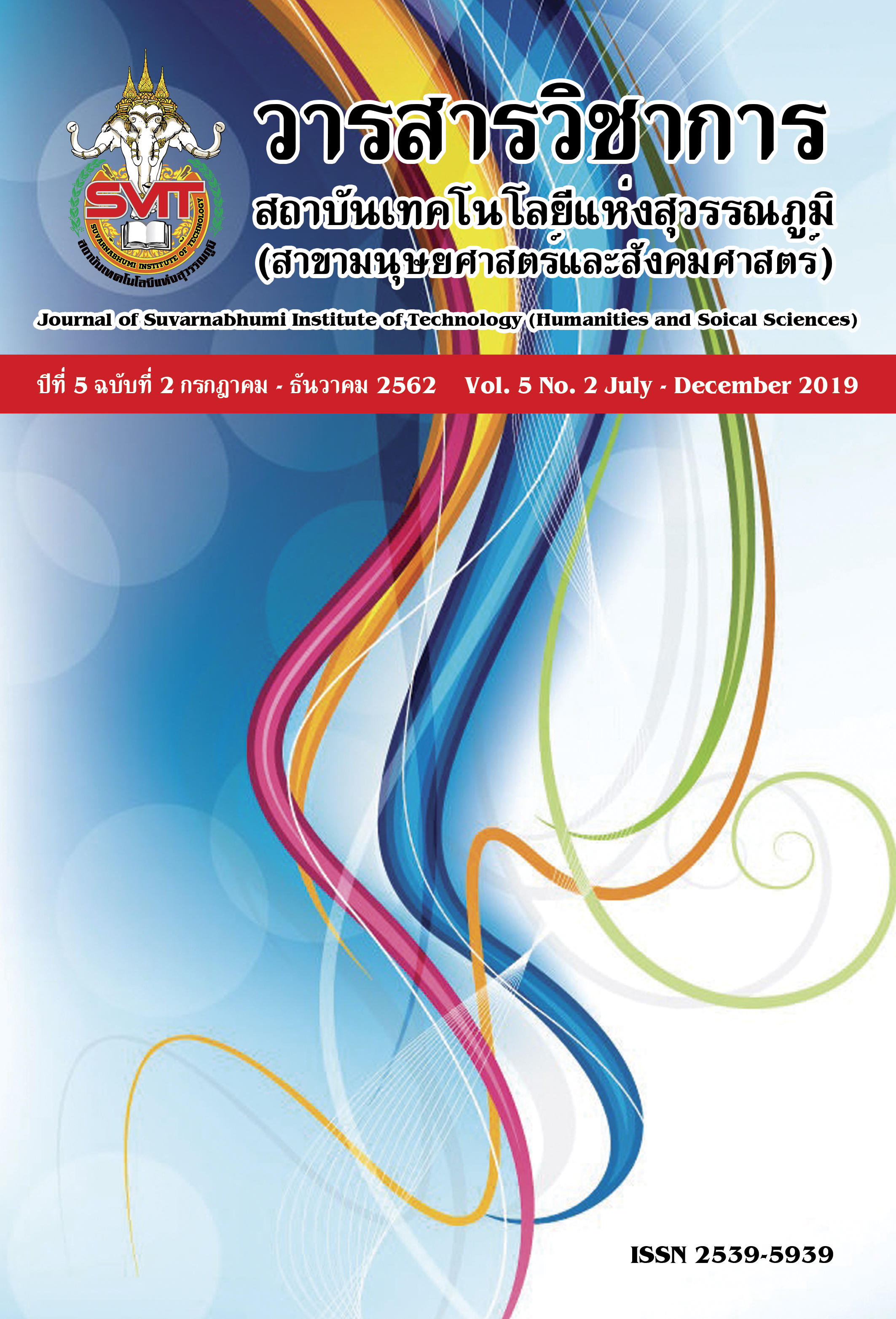ACHIEVEMENT OF TEACHING ENGLISH PRONUNCIATION ON THE INFLUENCE OF THAI STUDENTS’ MOTHER LONGUE
Keywords:
Influence, Interference, Mother tongue, English pronunciationAbstract
The fact that second language acquisition is influenced by learners’ mother tongue interference has long been seen by linguists who, therefore, have been working on finding its causes and effects. The article aims to share some key obstacles of achieving Thai students’ English pronunciation with involved parties in the field of language teaching and to propose some effective tactics to help them correct their learners’ pronunciation mistakes and practice using the second language successfully. Classroom observations reveal that Thai students’ English pronunciation has been affected by their mother tongue; Thai language sounds and features are still used when they pronounce English. This bars them from gaining a level of English accuracy and fluency which would enhance their precise and effective communication through the language. Thailand’s conservative classroom management also provides its teachers fewer chances to observe clearly that obstacle as well as improve it. The article proposed that the tactic, teaching in small groups, encouraged students to have more chances to work with their peers. This also assists teachers to closely observe their students individually, to explicitly explain about the mistakes of English pronunciation together with clearly guiding how to practice further correctly. Working in small groups is expected to be more welcomed by the learners to participate and follow the instructions. Using power of the peer group creates relaxing teaching and learning environment, reduces stress and humiliation caused by making mistakes and being corrected, and reinforces the mindset of building knowledge by doing things with others.
References
พีรพัฒน์ ยางกลาง. (2556). ปริทัศน์การรับภาษาที่สองกับไวยากรณ์สากลลักษณ์. สืบค้นเมื่อ 22 กันยายน 2559. จาก http://connexion.mfu.ac.th/2015/ejournal/Vol.2.
Cowley, S. (2009). Teaching Skills for Dummies. Chichester, West Sussex: John Wiley & Sons, Ltd.
Davies, P., & Pearse, E. (2000). Success in English Teaching. China: Oxford University Press.
Galton, M., Kwok, C.L., & Kam, W.C. (2015). Learning to Teach Small Classes: Lessons from East Asia.New York: Routledge.
Price, K.M., & Nelson, K.L. (2014). Planning Effective Instruction: Diversity (5th ed.). U.S.A.: Wadsworth, Cengage Learning.
Rusch, F.R. (2008). Beyond High School: Preparing Adolescents for Tomorrow’s Challenges (2nd ed). U.S.A.: Pearson Education, Inc.
White, L., & Goad, H. (2016). How does the mother tongue affect second language acquisition?.
Retrieved September 22, 2016 from http://www.internationalinnovation.com/how-does-the-mother-tongue-affect-second-language-acquisition/
Downloads
Published
Issue
Section
License
The articles published are copyrighted by the Sarasas Journal of Humanities and Social Science. The opinions expressed in each article in this academic journal are those of the individual authors and do not reflect the views of Sarasas Suvarnabhumi Institute of Technology. The authors are solely responsible for all aspects of their respective articles. Any errors or inaccuracies in the articles are the sole responsibility of the authors.



